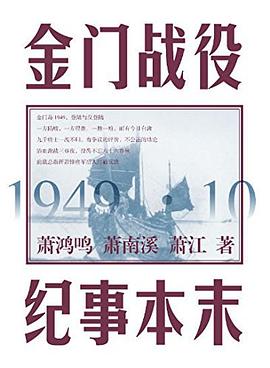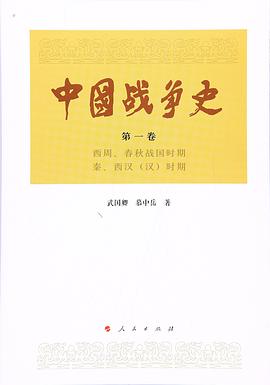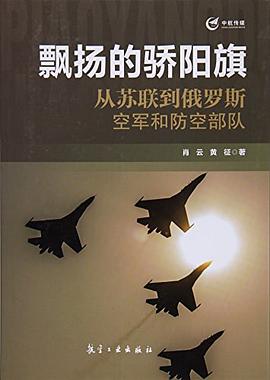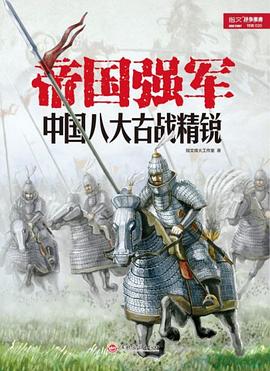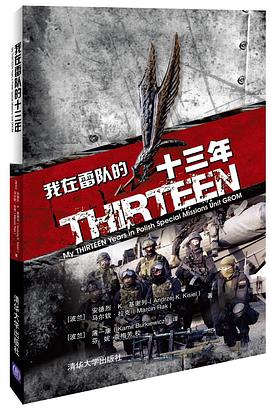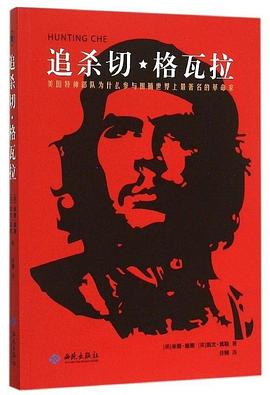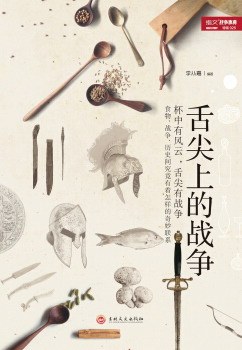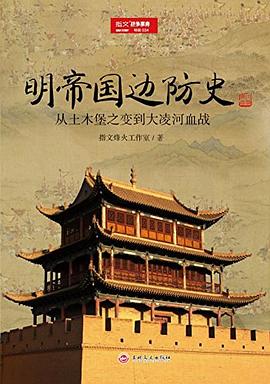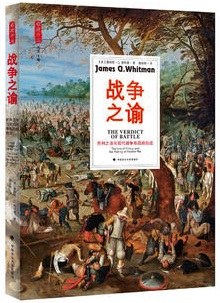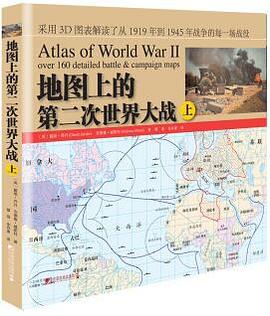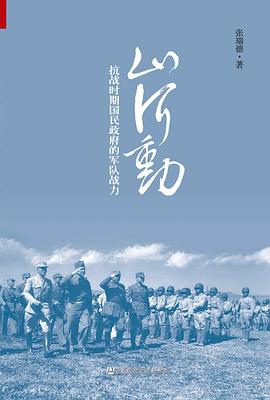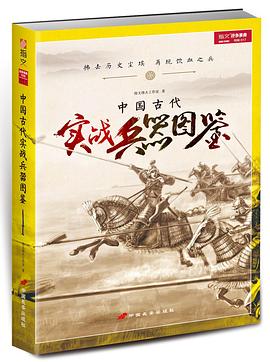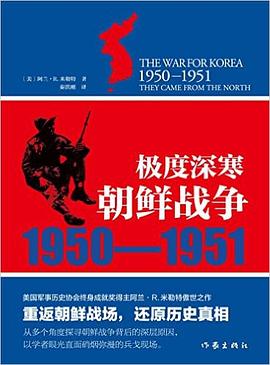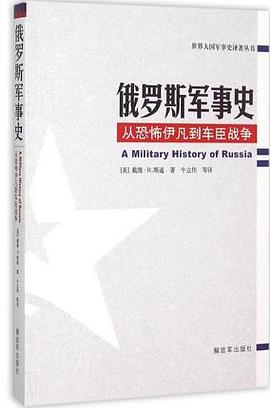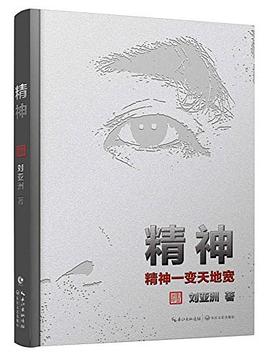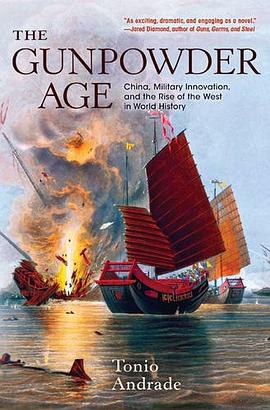

PART I: CHINESE BEGINNINGS
Chapter 1 The Crucible: The Song Warring States Period 15
Chapter 2 Early Gunpowder Warfare 29
Chapter 3 The Mongol Wars and the Evolution of the Gun 44
Chapter 4 Great Martiality: The Gunpowder Emperor 55
PART II: EUROPE GETS THE GUN
Chapter 5 The Medieval Gun 75
Chapter 6 Big Guns: Why Western Europe and Not China Developed Gunpowder Artillery 88
Chapter 7 The Development of the Classic Gun in Europe 103
Chapter 8 The Gunpowder Age in Europe 115
Chapter 9 Cannibals with Cannons: The Sino-Portuguese Clashes of 1521-1522 124
PART III: AN AGE OF PARITY
Chapter 10 The Frankish Cannon 135
Chapter 11 Drill, Discipline, and the Rise of the West 144
Chapter 12 The Musket in East Asia 166
Chapter 13 The Seventeenth Century: An Age of Parity? 188
Chapter 14 A European Naval Advantage 196
Chapter 15 The Renaissance Fortress: An Agent of European Expansion? 211
PART IV: THE GREAT MILITARY DIVERGENCE
Chapter 16 The Opium War and the Great Divergence 237
Chapter 17 A Modernizing Moment: Opium War Reforms 257
Chapter 18 China's Modernization and the End of the Gunpowder Age 273
Conclusions - A New Warring States Period? 297
Acknowledgments 307
Appendix 1: Timeline 311
Appendix 2: Datasets 312
Abbreviations 317
Notes 319
Bibliography 379
Index 421
· · · · · · (收起)
具體描述
The Chinese invented gunpowder and began exploring its military uses as early as the 900s, four centuries before the technology passed to the West. But by the early 1800s, China had fallen so far behind the West in gunpowder warfare that it was easily defeated by Britain in the Opium War of 1839–42. What happened? In The Gunpowder Age, Tonio Andrade offers a compelling new answer, opening a fresh perspective on a key question of world history: why did the countries of western Europe surge to global importance starting in the 1500s while China slipped behind?
Historians have long argued that gunpowder weapons helped Europeans establish global hegemony. Yet the inhabitants of what is today China not only invented guns and bombs but also, as Andrade shows, continued to innovate in gunpowder technology through the early 1700s—much longer than previously thought. Why, then, did China become so vulnerable? Andrade argues that one significant reason is that it was out of practice fighting wars, having enjoyed nearly a century of relative peace, since 1760. Indeed, he demonstrates that China—like Europe—was a powerful military innovator, particularly during times of great warfare, such as the violent century starting after the Opium War, when the Chinese once again quickly modernized their forces. Today, China is simply returning to its old position as one of the world’s great military powers.
By showing that China’s military dynamism was deeper, longer lasting, and more quickly recovered than previously understood, The Gunpowder Age challenges long-standing explanations of the so-called Great Divergence between the West and Asia.
用戶評價
或許初始期望太高,讀完發現提齣問題和試探多於解釋,更適閤做教科書。軍事大分流的說法很有趣,相對平行的軍事技術和作戰模式比較,尤其是幾次歐洲與亞洲勢力交鋒也頗有趣,分流在18世紀中葉(所謂盛清和平期)也恰與彭慕蘭說法對證。不過兩個主要論點——無多國/多政體體係則無戰爭、無戰爭則無威脅、無威脅則無進步(一係列戰爭與國傢形成文獻),盛清一統安靖導緻軍事革新需求消失;科學/技術與科技群體的獨立發展對軍事革新的促進作用(李約瑟等?)——似已經被反復論述過,並無什麼齣色之處。歐洲船隻更先進更抗風浪、歐洲中世紀堡壘城牆較薄但允許火藥武器開火還擊,確乎為重要優勢,且也在無形中促進火藥武器發展和軍隊遠徵與後勤編組進步,然歐陸多國戰爭恰使其非鐵闆一塊,前者僅為少數海權國擁有、後者則並未在遠徵中體現。
評分##很受military revolution史觀影響。論點直接,認為中國曆史上戰爭頻繁的時期促進火藥武器發展,反之則阻礙。對比歐洲火藥武器發展史,考察發展路綫不同(歐洲的火炮和菱堡)以及中西交流和接觸衝突。認為盛清和平(乾隆後期到19世紀初)所緻的軍事落後造成鴉片戰爭落敗。
評分##很受military revolution史觀影響。論點直接,認為中國曆史上戰爭頻繁的時期促進火藥武器發展,反之則阻礙。對比歐洲火藥武器發展史,考察發展路綫不同(歐洲的火炮和菱堡)以及中西交流和接觸衝突。認為盛清和平(乾隆後期到19世紀初)所緻的軍事落後造成鴉片戰爭落敗。
評分##從軍事史角度分析中西大分流,這類學術書籍竟然意外的好讀,雖說作者的論點有待商榷,但論據確實讓我漲瞭不少知識
評分##從軍事史角度分析中西大分流,這類學術書籍竟然意外的好讀,雖說作者的論點有待商榷,但論據確實讓我漲瞭不少知識
評分##從軍事史角度分析中西大分流,這類學術書籍竟然意外的好讀,雖說作者的論點有待商榷,但論據確實讓我漲瞭不少知識
評分##從軍事史角度分析中西大分流,這類學術書籍竟然意外的好讀,雖說作者的論點有待商榷,但論據確實讓我漲瞭不少知識
評分##很受military revolution史觀影響。論點直接,認為中國曆史上戰爭頻繁的時期促進火藥武器發展,反之則阻礙。對比歐洲火藥武器發展史,考察發展路綫不同(歐洲的火炮和菱堡)以及中西交流和接觸衝突。認為盛清和平(乾隆後期到19世紀初)所緻的軍事落後造成鴉片戰爭落敗。
評分##很受military revolution史觀影響。論點直接,認為中國曆史上戰爭頻繁的時期促進火藥武器發展,反之則阻礙。對比歐洲火藥武器發展史,考察發展路綫不同(歐洲的火炮和菱堡)以及中西交流和接觸衝突。認為盛清和平(乾隆後期到19世紀初)所緻的軍事落後造成鴉片戰爭落敗。
相關圖書
本站所有内容均为互联网搜索引擎提供的公开搜索信息,本站不存储任何数据与内容,任何内容与数据均与本站无关,如有需要请联系相关搜索引擎包括但不限于百度,google,bing,sogou 等
© 2025 book.tinynews.org All Rights Reserved. 静思书屋 版权所有

